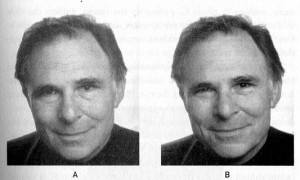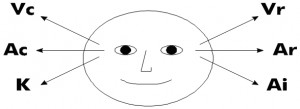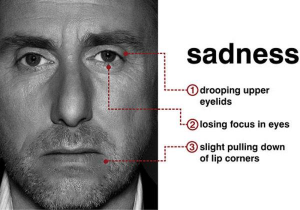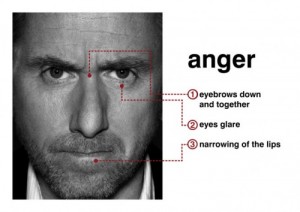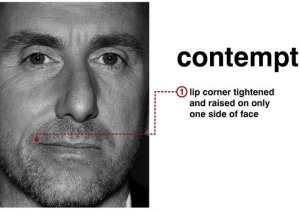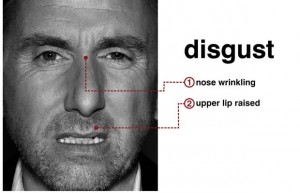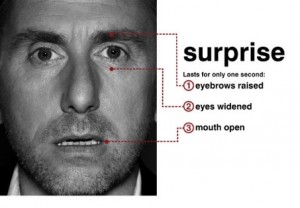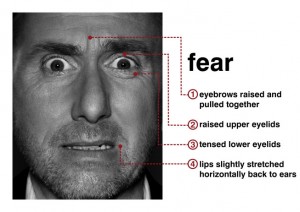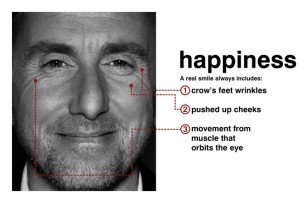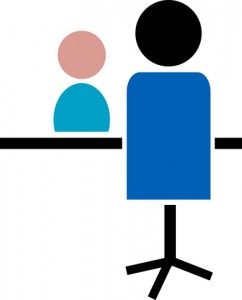How Many Types of Job Interview Can You Think Off?
As many of you will already know, there are many different types and styles of job interviews. You need to understand why employers use different interviews to help you prepare for them. The explanation of each below is to give you an overview of the different ‘types’ of interviews, if you are invited to one of these different ‘types’ of interviews you will now know more about them and will feel more confident about attending them
- Screening Interview
A screening interview is a brief interview used by employers to quickly and efficiently eliminate unsuitable or unqualified interviewees. This is usually carried out over the telephone and tends to focus on confirming and clarifying that you have to essential minimum requirements needed for the job you are applying for (Essential requirements will be found in the Job spec of the application pack). Employers use this to save time and money during the interview process.
- Speculative On the spot Interview
As we said above if you apply for a job speculatively by walking into a business, you have to be prepared to have an On the Spot Interview. This interview will be informal and unstructured as the interview/manager would have not prepared any questions and again wants to see if you have the minimum requirements for the job you are applying for before offering you a full interview.
- Telephone/webcam interview
You are likely to have a telephone interview for all jobs that requires you to use the telephone as the main job duty. Telephone and webcam interviews can be used when the interviewee cannot attend an initial interview (Perhaps due to the job role being overseas) This type of interview again is used to save recruitment costs and in order to decide which candidates they want to interview face to face.
- Face to Face Interview
This is the most common interview; the interview can sometimes be informal as only one person is involved. The interviewer will often have a series of prepared questions designed to find out if you have the skills, qualities and knowledge for the position you are applying for. Often the manager or HR representative will carry out this interview.
- Panel interviews
In this type of interview you will be questioned by several people making up the panel. The actual number of interviewers can vary depending on the company (some companies use two person panel interviews because the manager has not interviewed before) On the panel they may have an expert/manager who knows the job you are applying for and will coordinate the interview and questions. Or the panel (normally when this is a panel of 2 or 3) will co-ordinate the questions between them. Ensure you look at each member of the panel and involve them during the interview.
- Follow Up Interview
This often happens when you are applying with large companies who have a big recruitment drive on. Only a small number of interviewees will be asked to attend a follow up interview. If you are one of them then this is a great sign -it shows you that an employer is very interested in you!
This extract was taken from The Secrets of Employment
- Group Interview
This is an informal interview with a large number of other interviewees often for customer service based roles. You will be asked discuss a topic or complete a problem solving exercise. A group interview can last anywhere from two hours to a whole day. Interviewers will be watching for your contribution and your role within the group. Consider what skills they would like to see from you. As a natural leader you may be great at organising and getting the task in hand done but you might need to be aware of using your listening skills and allowing others to talk.
- The Sequential Interview
Sequential interviews are where an applicant is interviewed in stages. You may have to complete certain tests including Literacy and Numeracy. You may be asked to attend interviews with several people, with each interviewer asking questions relating to a different aspect of the job role.
As you can see there are several interviews that you may be asked to attend, as long as you are prepared and understand the job you are applying for you will do well. As all the questions/exercises/test you are asked to complete will be relevant to the job you are applying for.
If you want to learn more about passing interviews using interview and NLP techniques download The Secrets of Employment Now
If you enjoyed reading this article you will also enjoy reading:



